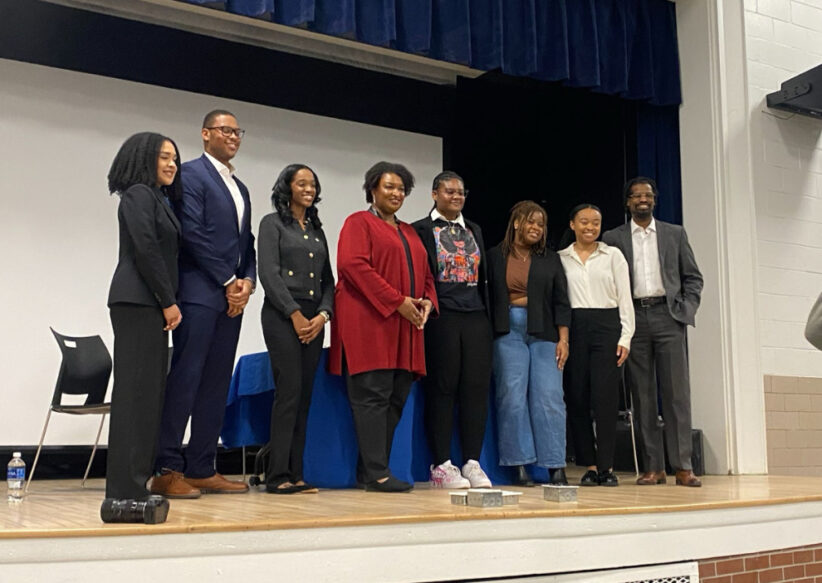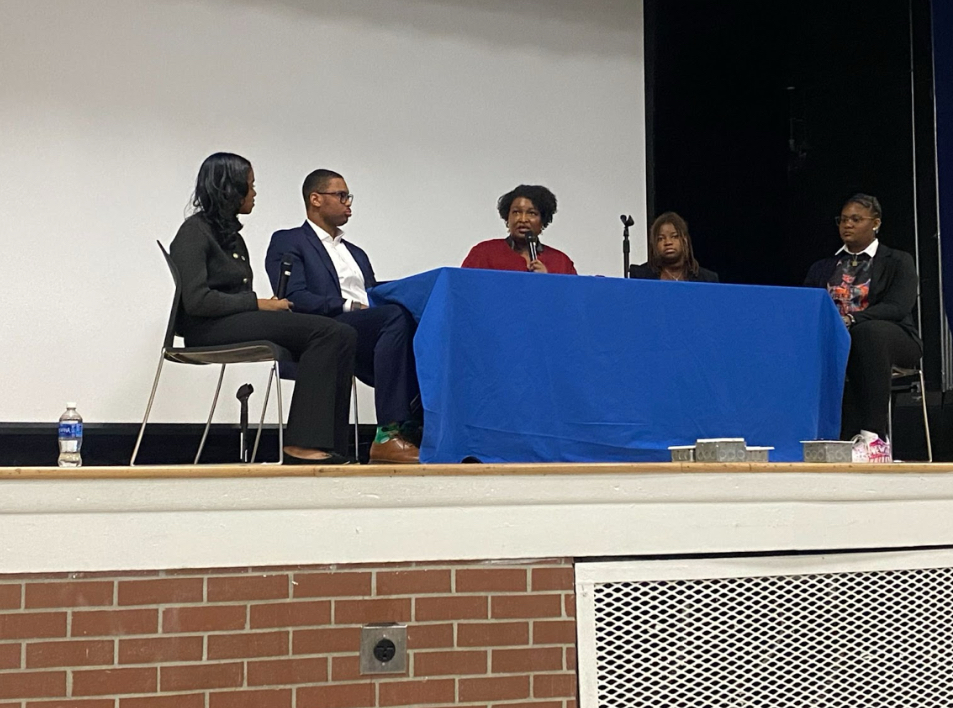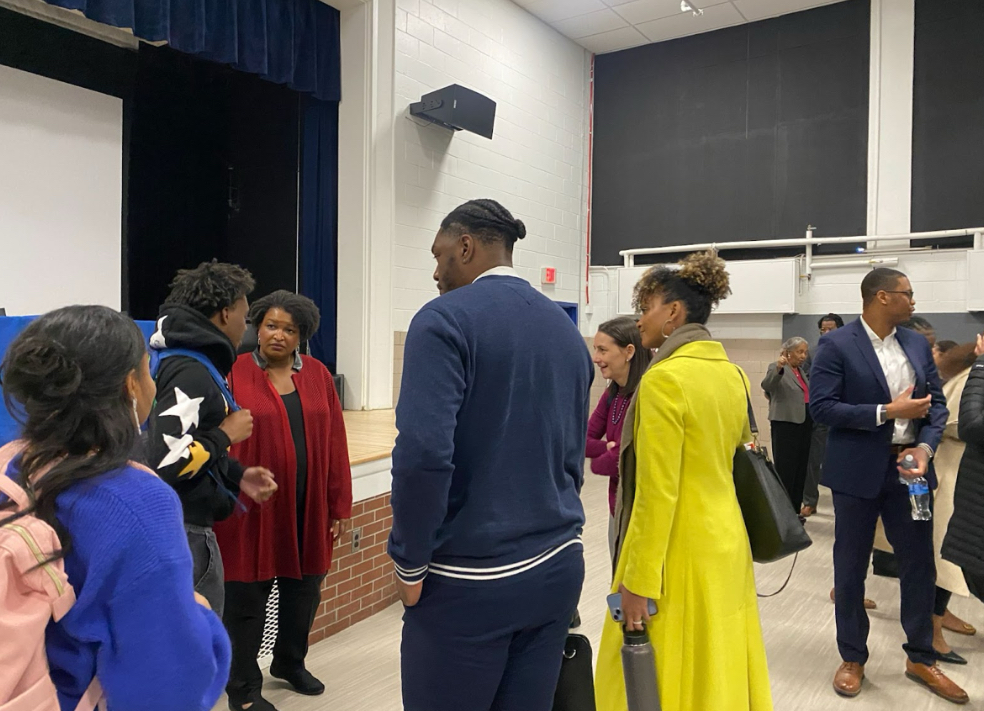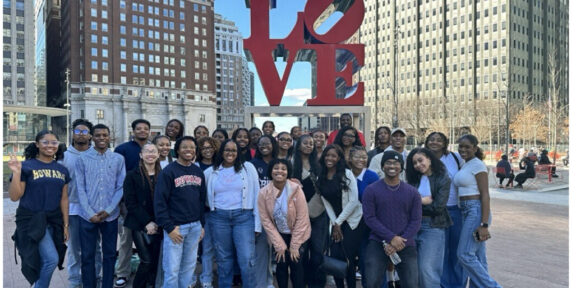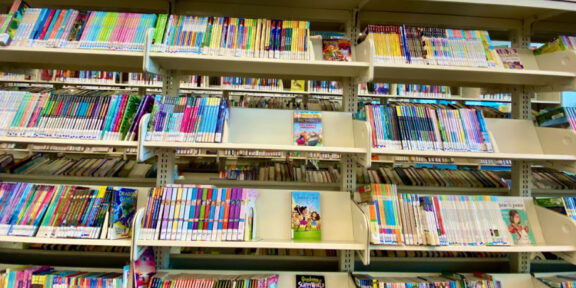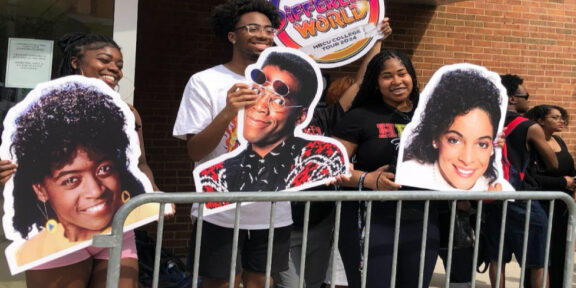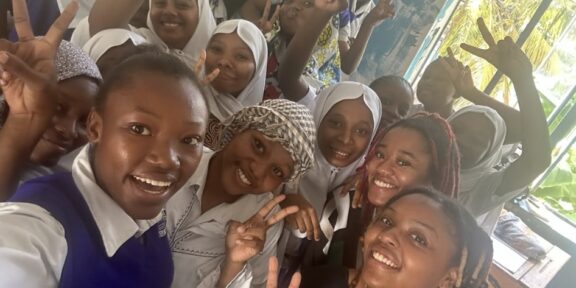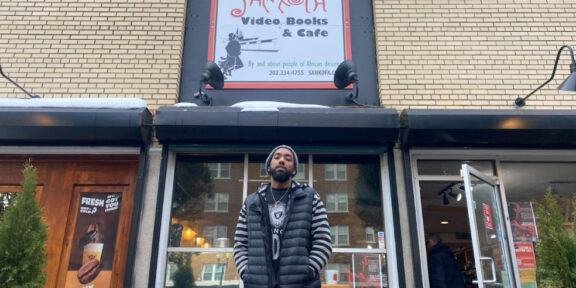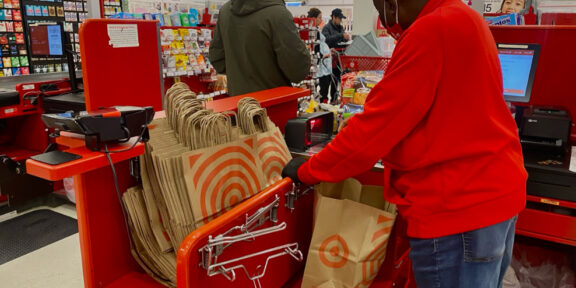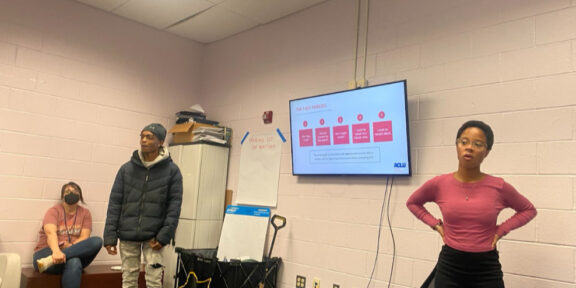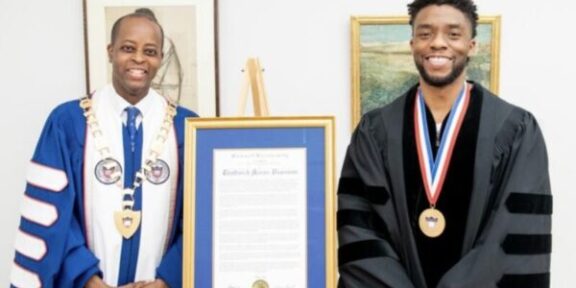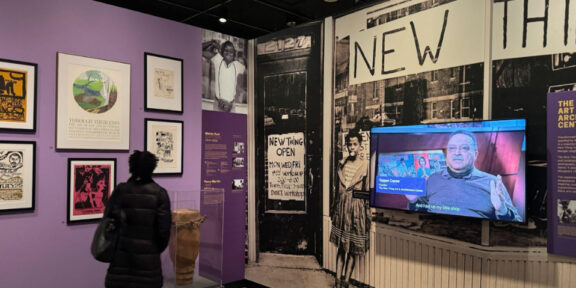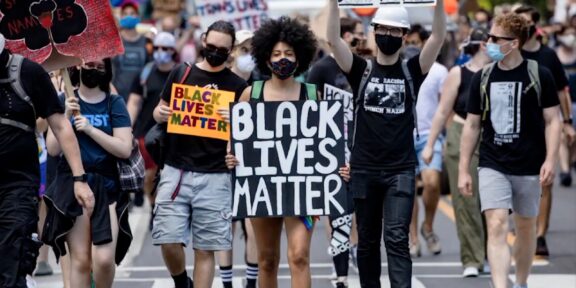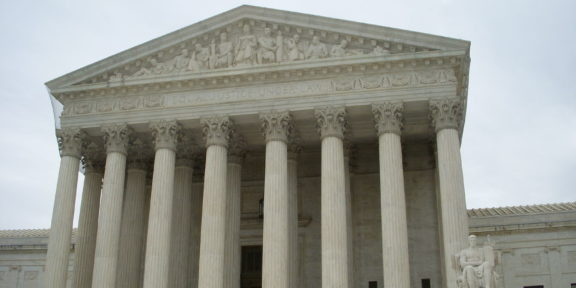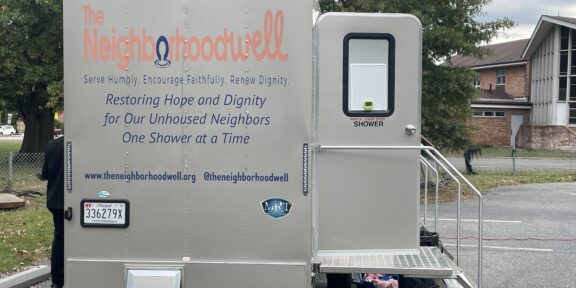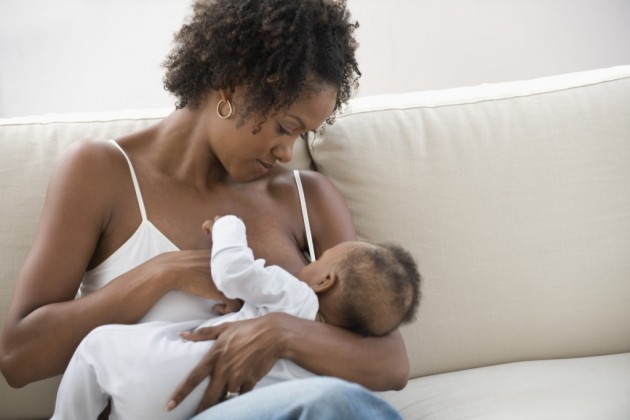By Kareema Bangura
Howard University students discussed their roles in upholding democracy during a panel event last week moderated by Stacey Abrams, political leader and the Ronald W. Walters inaugural chair for race in Black politics.
The panels, co-hosted in the School of Communications by the Ronald W. Walters Leadership and Public Policy Center and The Hilltop, served as Abrams’ second speaker series at the university since beginning her tenure as chair in the fall.
The panel event allowed several Howard students, alongside Abrams, to highlight individual and collective work that can be done to facilitate change in public policies.
“My role here is convening conversations, engaging community, raising the profile of some things that go unseen,” Abrams said. “And most importantly, being able to immerse myself in this scholarship to learn more, so that I’m better at the stuff that I do.”
Abrams began the discussion with Hilltop journalists on the topic of journalism’s role in policymaking. Natalia Wilson, a news and politics writer, and DaQuan Lawrence, the news and politics editor for The Hilltop, provided insight on what they consider issues in today’s democracy.
“Going to Howard, we’re in a unique position where we have access to a lot of resources that allow us to be politically engaged,” Natalia Wilson, news and politics writer for The Hilltop, said. “ I don’t know that a lot of us are putting in the effort to know what’s going on in the community that we’re living in for four years”
The journalists said conversations on the state of democracy have sparked during the upcoming election season, specifically amongst the Howard community. Wilson and Lawrence noted that the crisis in democracy can serve as a catalyst for students to engage in the politics that surround them.
“Any story that showcases the nuance and the diversity of any population, specifically the Black community, I think is super important,” Lawrence said, later adding that “democracy’s reduction is not a recent trend.”
The Hilltop, the nation’s oldest Black collegiate newspaper, stands as a primary media source for students, allowing the journalists to give voice to issues that matter to the Howard community, according to Jasper Smith, the publication’s editor-in-chief.
Smith said that in addition to the political dialogue provided by the speaker series, The Hilltop Spring Election Edition, that released on March 25, will provide more awareness on how students plan to engage with politics in upcoming elections.
Stacey Abrams asked questions to Howard students during the second half of the panel event. Topics included youth disengagement, economic inequalities, and media representation. From left: Evan Favors, Cameron O’Neal, Stacey Abrams, Asha Anthony, and Jazzlyn Rainey. (Kareema Bangura, HU News Service)
The second half of the event followed four Howard student panelists conversing with Abrams on their perspectives on issues facing youth engagement in policy and Black politics.
“I feel like a way we can be engaged is talk about things we care about,” said Jazzlyn Rainey, a freshman art major from San Diego. “Put it and enforce it in the classrooms as to why we should care about politics because it does affect us.”
Panelists agreed that most young people, including themselves, use social media applications, such as TikTok, to get their initial news and information. With recent news of a possible TikTok ban, questions have been raised on how media influence is affecting youth engagement in public policy.
“I think putting people in spaces where they are able to talk about issues in a more serious outlet could be potentially beneficial, especially to our community,” said Evan Favors, a sophomore nursing major from Atlanta. “But I think using TikTok and things like that is really influential in mobilizing our community.”
Audience members engaged with Stacey Abrams after the event. The one-hour panel discussion focused on the vital role that the press and students play in upholding democracy.(Kareema Bangura, HU News Service)
During the panel, Abrams emphasized that at least 64 nations will undergo elections in the upcoming season, marking a defining year for global democracy.
“In the year where democracy is not only about what’s happening here in the U.S. but what’s happening on every continent with a nation, the conversation about the fragility of democracy becomes even more permanent,” Abrams said.
The panel event allowed students to reflect on engagement within the Howard community in light of the conversation on democracy.
“It’s really easy, especially if people are questioning our democracy, to just check out,” said student attendee and freshman honors sociology major Kamille Atkins. “That’s just something I’ve noticed among my peers.”
“It is evident that conversations such as this one that we will have today are as important as ever amid an election year,” she said.

